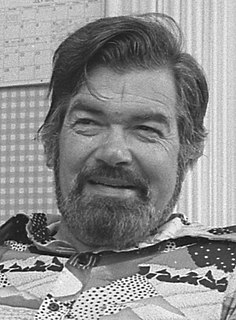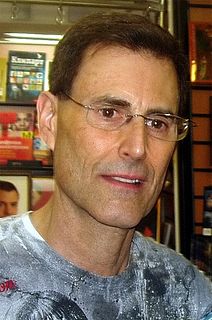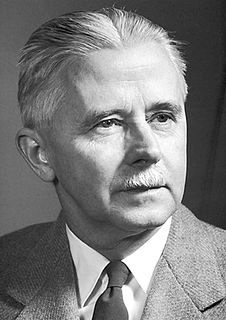A Quote by Thomas Marshburn
We have to be plumbers, electricians, construction engineers, or workers, on the space station, but at the same time running a laboratory, being scientists, being the best laboratory assistants we can be. It's all in a bundle; it's very exciting, it's a lot of fun.
Related Quotes
We were trying to do as much science as we could because that was the main purpose of the international space station. But without the shuttle to bring up heavy laboratory equipment and bring back samples, we were limited by what we could do, but I was proud that we actually accomplished more science that was planned for the flight. And I got a chance to do two Russian spacewalks on that flight, I had become an expert in U.S. spacewalks and using U.S. suits and techniques, and this was a chance to put on a Russian Orlan suit and do two construction space flights outside of the space station.
Scientists want full proof under laboratory conditions. And the answer is very simple: When Im put under pressure, I cant perform. Even the phenomenon Im most known for. When Im on stage, Im not under pressure and it happens. In other important places, it happens. But in a laboratory where I really want it to happen, its very hard for me.
There is therefore no reason to put a limit to evolutionary possibility by taking our present organization or status of existence as final. The animal is a laboratory in which Nature has worked out man; man may very well be a laboratory in which she wills to work out superman, to disclose the soul as a divine being, to evolve a divine nature.
The International Space Station is a phenomenal laboratory, an unparalleled test bed for new invention and discovery. Yet I often thought, while silently gazing out the window at Earth, that the actual legacy of humanity's attempts to step into space will be a better understanding of our current planet and how to take care of it.
The problem ... is that we have run out of dinosaurs to form oil with. Scientists working for the Department of Energy have tried to form oil using other animals; they've piled thousands of tons of sand and Middle Eastern countries on top of cows, raccoons, haddock, laboratory rats, etc., but so far all they have managed to do is run up an enormous bulldozer-rental bill and anger a lot of Middle Eastern persons. None of the animals turned into oil, although most of the laboratory rats developed cancer.







































